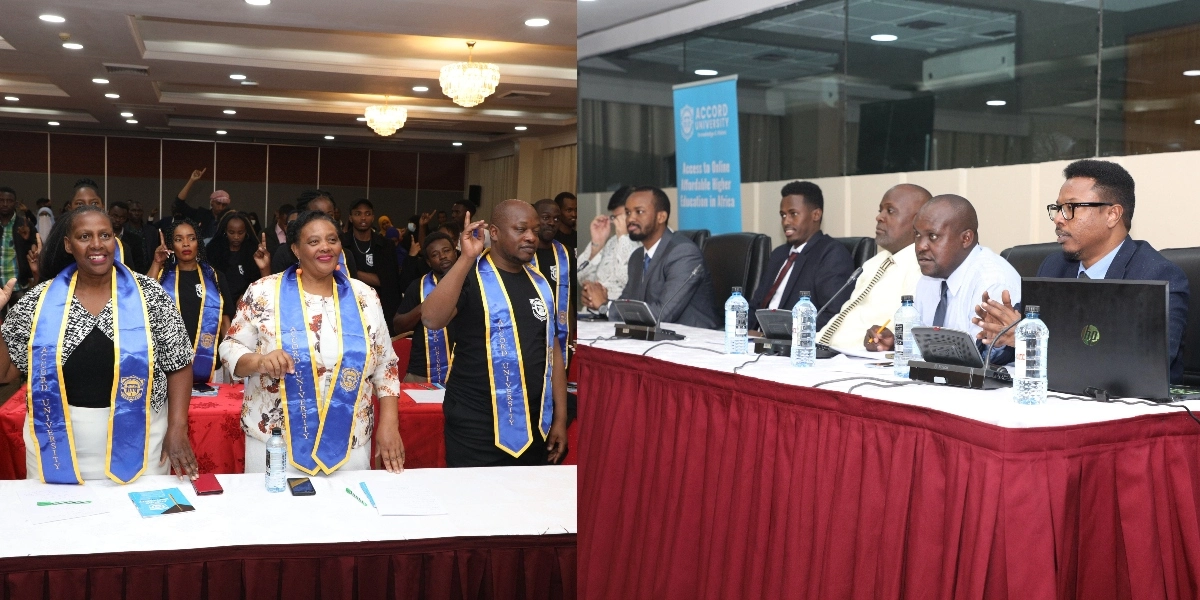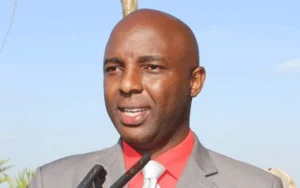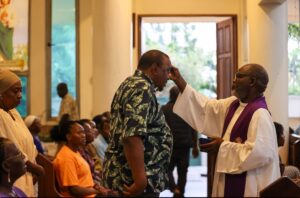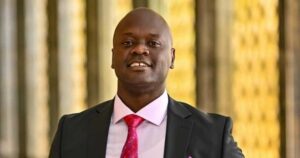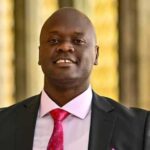The second Accord Symposium on Online Learning was held on Thursday, September 22, at the Kenya International Conference Centre, Nairobi. Accord University Vice Chancellor, Prof. Abdulkadir Mohamed, welcomed all before giving the opening remarks, followed by keynote speakers Dr Charles Ondoro, Dr Martin Okode, Mr Bashir Hassan and Prof. Nabhit Kapur, who all offered innovative solutions and persuasive discussions geared toward advancing affordable and accessible higher education through e-learning.
Vice-Chancellor Mohamed reaffirmed Accord’s commitment to transforming Africa’s Online Learning landscape and identified Online Higher Education as the practical answer to open doors and remove barriers for Africa’s expanding youth to access higher education.
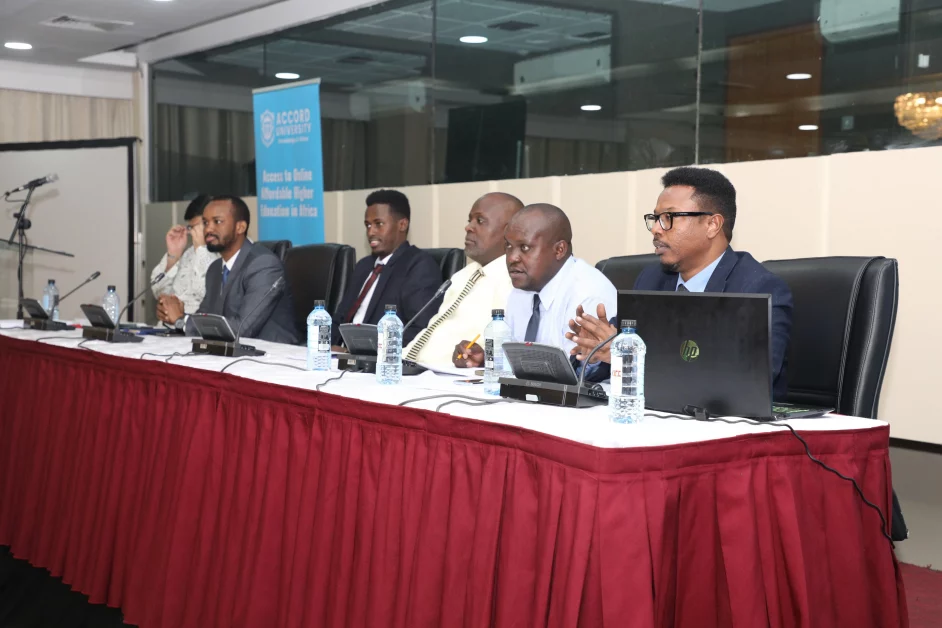
“As Accord we are willing to transform the e-learning in Africa to affordable sustainable and accessible education for Africans in line with the UN Sustainable Development Goals,” The Vice-Chancellor remarked.
“As Donna J Abernathy, editor of Training and Development Magazine wrote: Online learning is not the next big thing, it is the now big thing. Africa is the fastest growing content in the world. Over 40% of Africans are under 15 years of age. E-learning is the magic solution to provide higher education for all Africans now and in the future,” Accord University faculty member, Dr Ondoro observed.
“With online education, the sky is the limit, our institution has faculty from over 80 different countries. We consider the world as one country and promote a global village where anyone has access to any institution they want in the world, thereby bringing about more equality and quality at the same time,” Prof. Mohamed said.
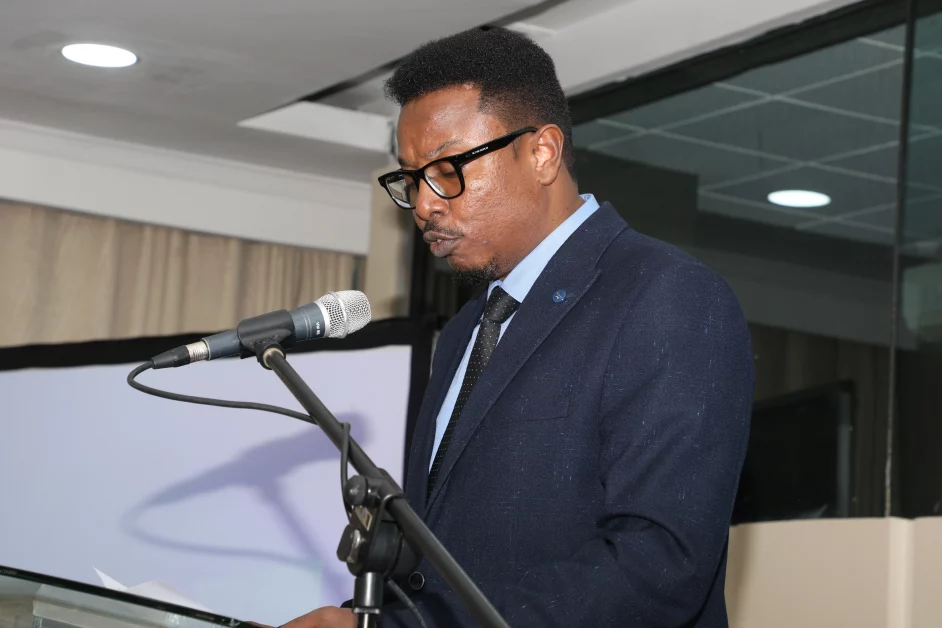
Picking up from the inaugural Accord-Symposium held earlier this year in February, the event offered an array of experts on e-learning platforms and enthusiasts of digital technologies from India, Somalia, Ethiopia, Uganda, Djibouti, South Sudan, the Democratic Republic of the Congo, and the host country Kenya.
The second Accord University Symposium was held today at the KICC. Experts on e-learning platforms and enthusiasts of digital technologies from different countries attended this symposium.#accorduniv #theaccordsymposiumhttps://t.co/BQAeYetXWO? pic.twitter.com/lFGXmb3LfM
— ACCORD UNIVERSITY (@Accorduniv) September 22, 2022
Representatives from a number of diverse organisations including Accord University itself, Peaceful Mind Foundation, Somali Magazine, Nutritech Solutions, The Smile Foundation, Somali Student’s Association, Islaah Youth Organisation and Yusofa foundation, were in attendance among other distinguished guests.
Dr. Okode, while breaking down online learning principles and objectives, said the world had come to the realisation of the immense benefits flexibility provided in terms of enabling more people to continue pursuing higher education.
“The world has come to the realisation that flexibility is what allows the balance between workplace and personal life and promotes lifelong learning opportunities for all,” he said.
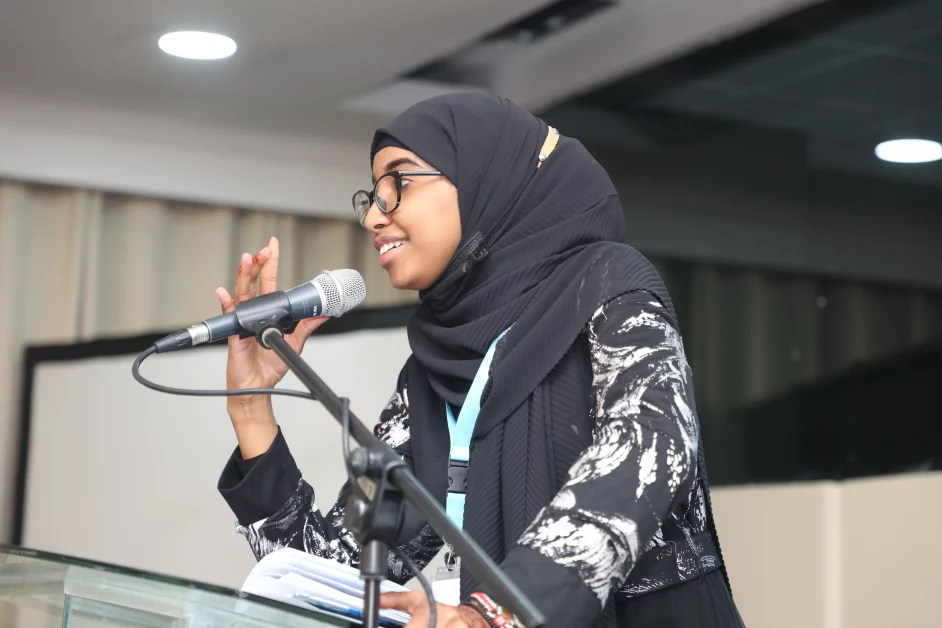
As the MC for the day, Ms Aisha Ahmed, diligently pointed out when quoting the words of scientist extraordinaire Albert Einstien: “‘Intellectual growth should commence at birth and cease only at death.”
During the symposium, keynote speakers presented their research and findings on e-learning, online higher education and how to provide affordable and accessible education to Africa and its youth, as well as engaged in a productive Q&A session with young intellectuals in attendance.
“Most of the questions in online exams are not questions that test memory but instead test logic and critical thinking. Such answers cannot be simply lifted from a book. Online learning has completely transformed education and the results according to research are much better than physical education,” answered Prof. Mohamed, when asked about the credibility of online examinations.
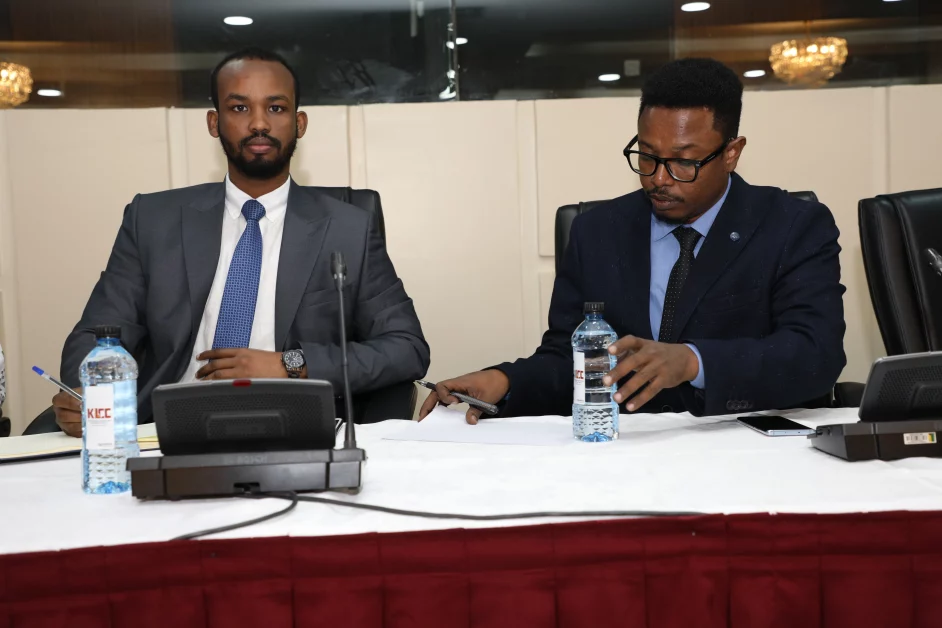
Prof Nabhit Kapur, founding president of Peaceful mind foundation, who currently serves as the Honorary Royan Counsel designate to India, touched on the impacts of distance learning on people’s mental and social health.
Kapur, as a mental health advocate and psychologist, reiterated the need for mental health and wellbeing to be taken seriously especially following the effects of COVID-19 pandemic that revealed the fragility of the world’s psychosocial fibres, left jilted in its wake.
It is going to take a big toll on people’s life. #MentalHealthMatters and it’s a concern in 21 century… https://t.co/fV6O78RLnH
— Dr.Nabhit Kapur (@nabhit_kapur) September 22, 2022
“I think mental health and wellbeing will be the next pandemic if it is not taken care of,” Kapur observed.
Kapur also gave an example of Finland, which prioritises the well-being and happiness of its citizens above economic gain that disregarded social well-being and psychological security.
Ismail Burhan Smail, CEO of Khyerat Organization, offered his own testimony of his experience with online education, with three years of e-learning having transformed him and made him a better version of himself.
“If you set your mind to something you will do it whether it’s online or physical. So it is the mindset that determines our success,” Burhan Ismail Smail, said while touching on the importance of e-learning.
We made a device that can monitor sugar levels and I would like to invite women who fear tech to take up more spaces in the industry, that’s where the world is going and we need to be counted in – Qureisha Nur & Abubakir Khalif, Nutritech Solutions#TheAccordSymposium #AccordUniv pic.twitter.com/pYbaznAJip
— Switch Media Kenya (@switchtvkenya) September 22, 2022
While Nutritech Solutions founders, Quresha Nur, and Abubakr Khalif paid homage to the benefits of online learning having gone ahead to contribute to the ever-expanding Artificial Intelligence and technology front.
The two further urged more women to take up roles in the technology sector as she demystified the fear of women pursuing AI and tech jobs.
“I made a device that can monitor sugar levels and I would like to invite women who fear tech to take up more spaces in the industry, that’s where the world is going and we need to be counted in,” Quresha revealed.
“For you to check your blood sugar level you have to be pricked but now with AI and Machine learning, we have come up with a device where you don’t have to prick your fingers to get the results,
Participants and the event’s main speakers including its honourary guests were handed certificates of appreciation and participation at the closing of the second Accord Symposium.


